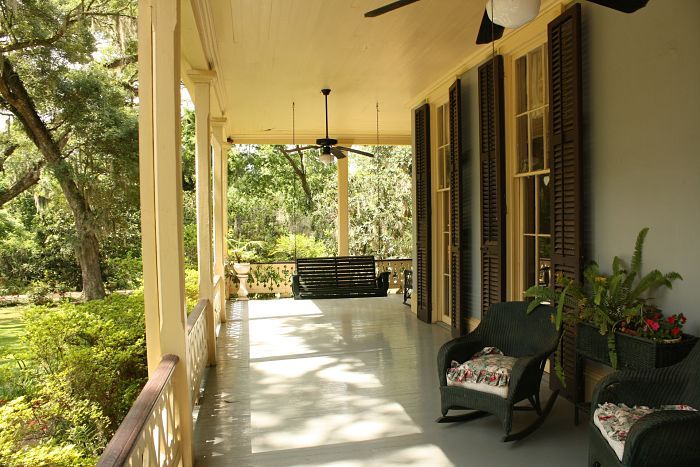Like everything else, real estate investing is an ever-changing tide. Looking forward into next year, we can predict certain trends to continue, and maybe even pick up speed. My prediction for the top real estate investments to follow for the next year include:
Upcoming Real Estate Investment Trends
- Optionality – PWC and the Urban Land Institute published a white paper titled “Emerging Trends in Real Estate” in which they come out of the gate talking about options, both for young homeowners and for property sellers. Millennials have a footloose and free attitude toward employment as well as living while property owners want to make the best and most profitable use of their real estate assets. For the investor, it means being able to move a single property freely from use to another based on the current market.
- Technology WIll Dominate – The rise of the worldwide FinTech sector has expanded the opportunities for real estate investors. From real estate crowdfunding to blockchain-based real estate transactions, technology is driving a lot of innovation in real estate investing. Augmented reality is transforming the virtual home tour, and other advanced technologies like artificial intelligence and machine learning are starting to impact real estate investing with services like algorithmic trading and robo-advice.
- It’s all about the suburbs – Millennials are getting married and moving to the suburbs. Not only that, but suburban retail is picking up speed, and Millennials are taking jobs closer to home. By doing so, they can save on transportation costs by walking or riding a bicycle to and from work. Suburban living, and real estate investing, is growing.
- Second-tier cities – Large urban metropolises like New York City, Houston, Los Angeles are either glutted with real estate investors or property values are sky-high, shutting out smaller investors, or those without huge piles of capital, or both. That’s why many investors are turning to smaller cities with large population centers. In cities like Austin, Raleigh, and Portland where there is high-growth potential but the population isn’t bursting at the seams, real estate has not yet reached its peak price, which makes it a doggone good investment.
- Rental properties– Renting among all age groups has surged. Meanwhile, home ownership has declined. This means now could be a good time to buy and hold.
- Microhousing – While suburbanization is gaining speed, so is urbanization. Inner cities and neighborhoods close to big city centers are not producing more real estate. Housing prices are going up, people are concerned with reducing their carbon footprint, and many young on-the-go professionals don’t spend much time at home anyway. So why do they need castles? Microhousing is gaining speed as developers learn to make maximum use of city dwellings that cost less to build and earn maximum long-term income.
- Specialization– Marketplace lending has created many new opportunities for real estate investors who are looking for ways to maximize returns while diversifying their portfolios. Niche lending sites are popping up all over the place. From geographically-based real estate crowdfunding to new takes on mortgage lending to eREITs and lenders that focus on commercial or residential properties only, real estate investing is growing into many areas of specialization. Gaining its own GICS was a big help in making real estate its own asset class.

With this many options, real estate investors with access to capital can have their pick when it comes to investment vehicles. Whether your preference is traditional real estate investing or real estate as an alternate investment class, pay attention to these trends because 2017 has more of what 2016 had to offer , and then some.


